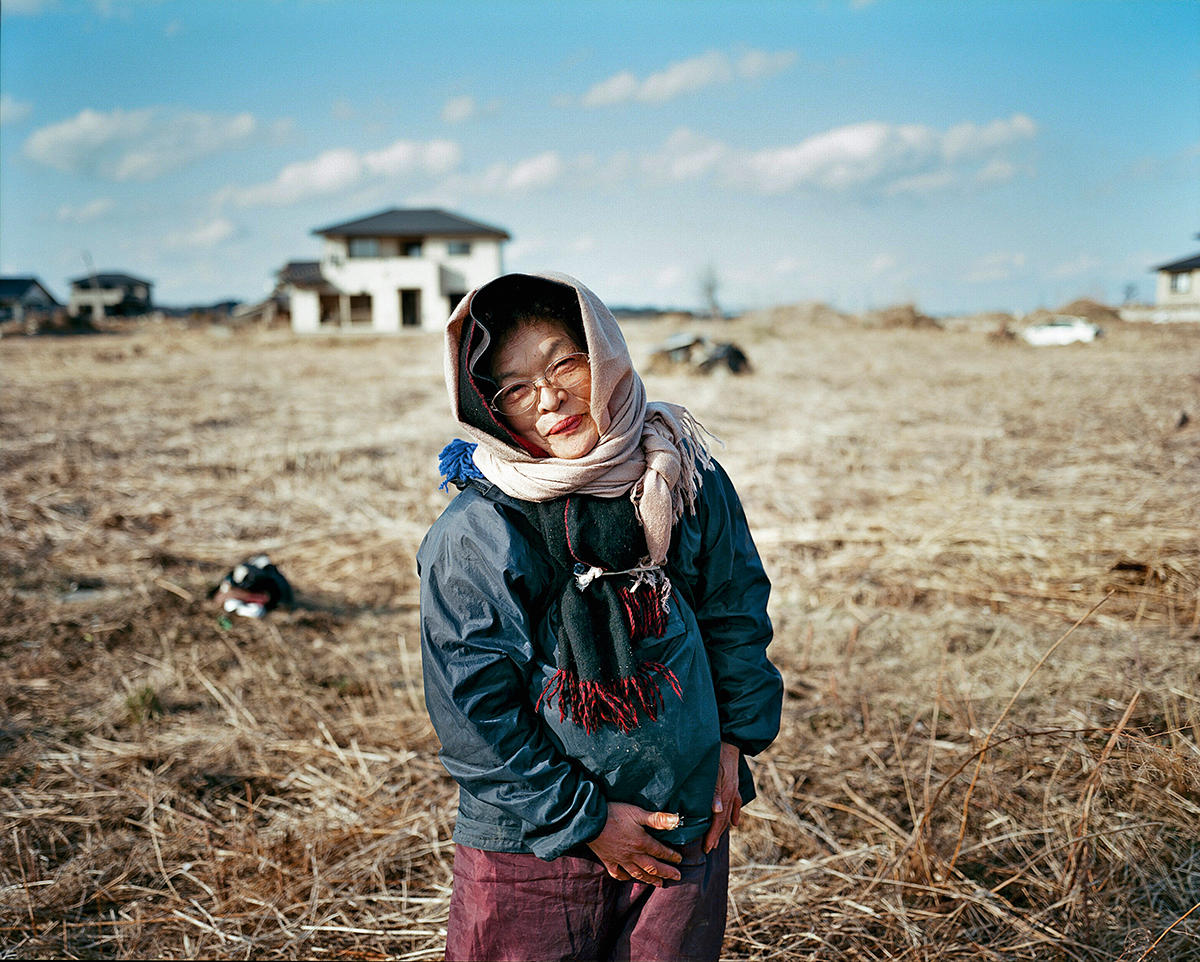
Fukushima: Switzerland lifts import barriers for Japanese food

Switzerland has lifted all import restrictions on Japanese food following the nuclear accident in Fukushima in 2011. Certain items of food had to be tested for radioactive contamination before being exported to Switzerland.
Most recently, there were still restrictions mainly on wild mushrooms, certain types of fish and wild plants, said a spokeswoman for the Federal Food Safety and Veterinary Office (FSVO) on Tuesday.
She explained that the conditions were no longer necessary owing to current radiation levels. Food from the Fukushima region can once again be considered safe, she said, adding that the Japanese authorities had made considerable efforts in recent years to reduce the radioactive contamination of food.
Special protective measures had no longer applied to food of animal origin since the beginning of August, the FSVO said. From now, the measures will also cease to apply to food of plant origin.
For Japan, the removal of trade barriers is an important step. The effects were particularly noticeable for the Japanese economy.
The items of food affected by the import restrictions had to be tested for radioactivity before being exported to Switzerland. The Japanese authorities had to certify compliance with the maximum levels for radioactivity. Certain foodstuffs were subjected to additional controls. This meant additional work for the authorities at the border.

More
Life after the Fukushima disaster
Decontamination work
After an earthquake on March 11, 2011, a tidal wave swept along the Pacific coast of Japan, flattening towns and villages. Cultivated areas sank below masses of water and mud. Around 20,000 people were killed by the flood.
In Fukushima, meltdowns occurred at the Daiichi nuclear power plant. Many countries subsequently introduced maximum radiation levels for food from the affected prefectures.
Thanks to decontamination work, radiation levels in most areas of Fukushima Prefecture are now at virtually the same level as in other countries. However, around 27,000 of the 165,000 people initially evacuated have not yet been able to return to their homes.

More
Ten years on: How is Fukushima remembered in Switzerland?

In compliance with the JTI standards
More: SWI swissinfo.ch certified by the Journalism Trust Initiative






























You can find an overview of ongoing debates with our journalists here . Please join us!
If you want to start a conversation about a topic raised in this article or want to report factual errors, email us at english@swissinfo.ch.